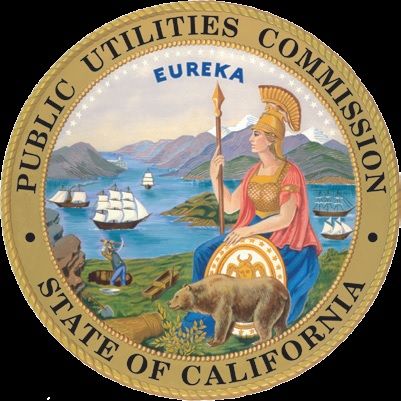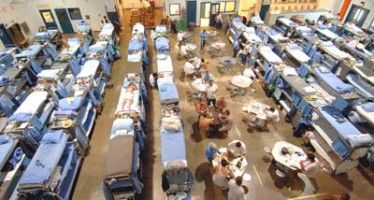CA lawmakers plot CPUC’s demise
 The California Public Utilities Commission may not live to see the next presidential election.
The California Public Utilities Commission may not live to see the next presidential election.
Under a new proposal put forth by Assemblyman Mike Gatto, D-Glendale, the new chairman of the Committee on Utilities and Commerce, the CPUC — long under fire for alleged lapses and mismanagement — “would be broken apart with many of its duties distributed to other state agencies,” U-T San Diego reported. Gatto, the paper detailed, “would place an initiative before voters as soon as November that would remove the commission’s regulatory authority from the California Constitution, effective July 1, 2018.”
Joined in the initiative by Assemblymen Scott Will, R-Santa Clarita, and Marc Levine, D-San Rafael, Gatto lambasted the CPUC’s performance. “The people of California are deeply concerned by the CPUC’s failures in recent years,” he said, according to California Newswire. “You have folks in the Bay Area justifiably concerned after a pipeline explosion, Orange County worried about nuclear waste, Sacramento and the Central Valley on edge with oil trains, and of course, Angelenos deeply concerned after a gas leak.”
The L.A. neighborhood of Porter Ranch has been sent reeling by massive emissions from a recent pipe rupture. The ordeal has added to a full plate of woes for the commission; “response to the San Bruno pipeline explosion in 2010 and the 2012 closure of the San Onofre Nuclear Generating Station have become the subjects of criminal investigations by state and federal prosecutors,” the Los Angeles Times observed.
Solar squabbles
The CPUC also recently ruffled feathers with a hotly contested vote on the way solar power is metered relative to traditional power. The commission cast its lot with the solar industry in “a dramatic 3-2 vote that saw two commissioners change their minds after a last-minute development favorable to the rooftop solar industry,” as the Desert Sun reported.
“The decision will require Southern California Edison and other utilities to keep paying solar-powered homes and businesses full retail rates for the electricity they generate. In an 11th-hour revision announced by Commission President Michael Picker on Wednesday, it will also ensure that solar customers don’t have to pay for the upkeep of transmission lines. The solar industry cheered that change, even as it prompted two commissioners to vote against a decision they said they otherwise would have supported.”
The move left some aggrieved. State “ratepayer advocates and the utilities, which lose out on electricity sales and some of the infrastructure costs that are bundled into retail rates, say that solar customers put an undue burden on nonsolar customers, who must make up that shortfall,” the New York Times noted.
Mustering support
Faced with news of Gatto’s plan, the commission signaled its hopes to forge ahead on the basis of support from other lawmakers. CPUC spokeswoman Terrie Prosper acknowledged “there is still much to do,” but added, “we look forward to working with the Legislature on any constructive and helpful reform initiative that is put forward,” as the Times reported. “Only by working together on real changes that have the ability to succeed can we make the CPUC stronger and more efficient, and our relationship with the Legislature more productive,” she said in a statement.
One bulwark for the commission has been the governor’s office. “Last year, Gov. Jerry Brown vetoed six bills that would have changed how the commission conducts business,” KQED recalled. “Three bills by now-Assembly Speaker Anthony Rendon would have established new oversight measures on the commission.
“Another of the vetoed bills, by state Sen. Mark Leno, D-San Francisco, would have tightened rules on private communications between utility executives and state regulators. It also would have tightened conflict-of-interest rules and limited the CPUC president’s powers. And two bills from state Sen. Jerry Hill, D-San Mateo, would have set performance criteria for the agency and included commission meetings in transparency laws.”
As yet, the station noted, Gov. Brown’s office has not offered comment on the Gatto scheme.
Related Articles
Global warming is baaaack
Oct. 18, 2012 By Katy Grimes First there was “global warming.” Then it became “climate change” when warm temperatures cooled.
$1.2 billion in new jails still haven’t been built
What incompetents. To ease overcrowding, in 2007 the Legislature authorized $1.2 billion for local jails to expand. That was
Bridge woes compound California infrastructure troubles
Dams aren’t the only part of California infrastructure on the hot seat. Following a big-ticket Sacramento request for federal




